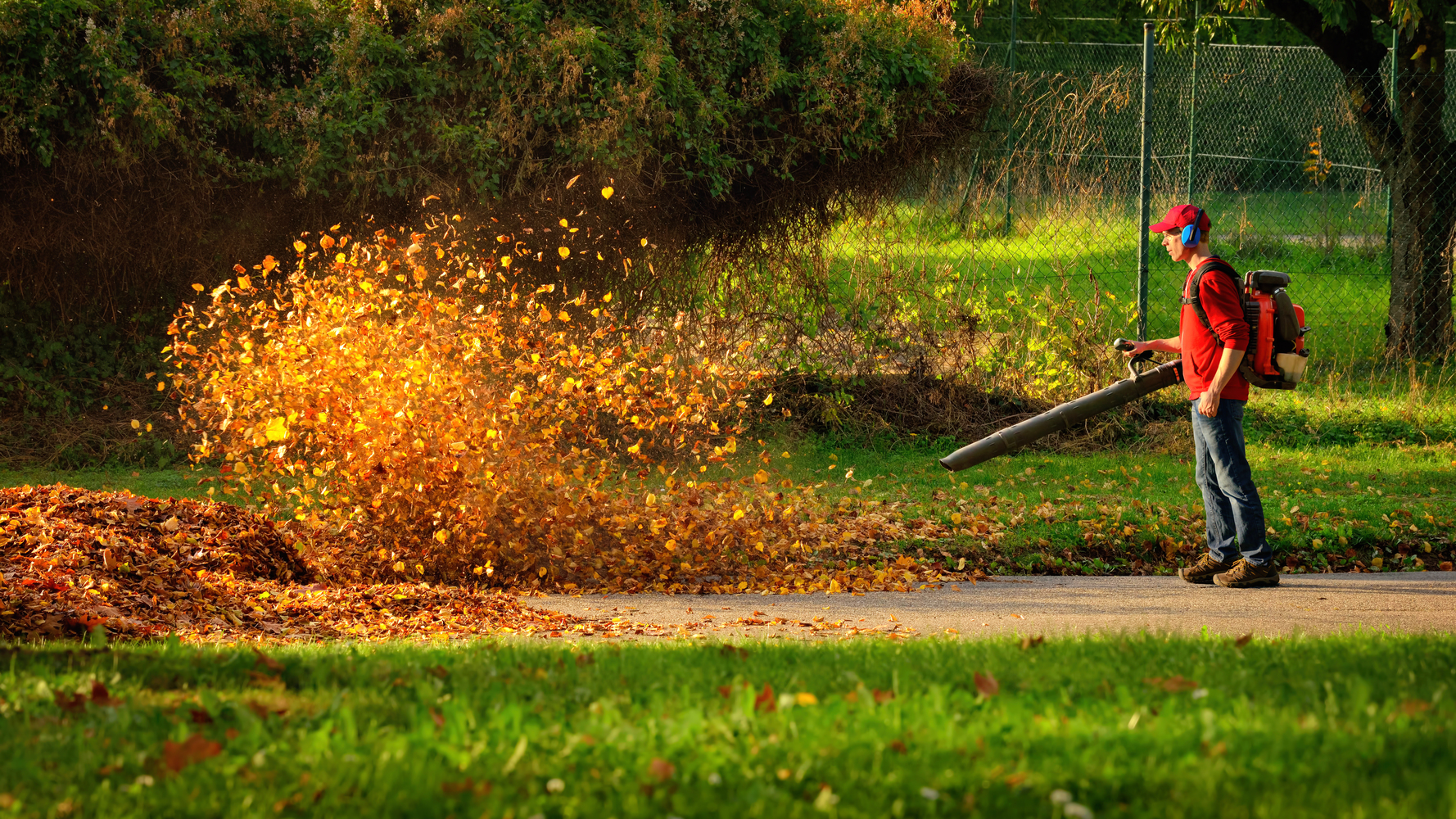A Brief Guide To Buying A Leaf Blower
A brief guide to buying a leaf blower
Maintaining a garden may be a tricky affair all year round. It requires special care and dedicated time to make sure it stays presentable and does not turn into a mess. Having some tools to help with the task definitely makes life easier. One of the most common tools for garden maintenance is a leaf blower. This tool propels air from a nozzle to blow away leaves, twigs, and other mini pieces of debris. A leaf blower may keep the garden clean throughout the year be it summer, autumn, or winter. With the multitude of gadgets available in the market, it might be tough to shortlist the best leaf blower.

What are the different types of leaf blowers available?
- Leaf blowers are of three main types—handheld, backpack, and walk-behind options.
- The handheld leaf blower is great for light leaves and twigs in a small yard or porch. It is lightweight. It cannot handle heavy debris.
- The backpack leaf blower is suitable for a slightly larger garden or a lawn. This device is heavier than a handheld option and may handle wet leaves, heavier twigs, pebbles, and metal shavings.
- The best leaf blower for heavy-duty cleaning is the walk-behind model.
What do CFM and MPH ratings on a leaf blower mean?
- The cubic feet per minute (CFM) and miles per hour (MPH) ratings indicate the power of a leaf blower.
- CFM measures the amount of air moved by the leaf blower within the span of a single minute.
- MPH refers to the speed of the air coming out of the blower.
Which is more important: CFM or MPH?
- The functionality of both CFM and MPH are interrelated. Having a higher rating in one and a lower in the other will not help.
- However, between the two, look for a good CFM rating.
- For a small yard or a tiny garden, a CFM in the range of 300 will suffice.
- For a larger garden or heavy-duty cleaning, some of the best leaf blowers will offer a CFM of 500, if not higher.
Which is a better option—a gas or an electric leaf blower?
- Gasoline engines are the highest powered of all leaf blowers. These are used for heavy-duty cleaning.
- Gasoline leaf blowers are also expensive and high maintenance. They are generally used for professional gardening in large spaces.
- Electric leaf blowers may be corded or battery-operated.
- Electric models are easier to start and operate when compared to their gasoline counterparts.
- Battery-operated leaf blowers are generally the least powered and suitable for small spaces. However, the battery often does not last long and needs to be replaced quite frequently.
- Corded leaf blowers are more powerful than battery-operated ones. However, they have limitations in the distance to be covered because of the cord.
Are there any precautionary measures to take while using a leaf blower?
- Wear hearing protection, especially if the leaf blower device emits a loud sound.
- Use a pair of goggles to protect your eyes from flying debris and a face mask to prevent any dust from entering the nose and mouth.
- Make sure you keep children and pets away from the area while using a leaf blower as they may get allergies from the dust or get impacted by the sound.
- No matter how quiet the leaf blower is, avoid using it early in the morning or late at night as this may disturb the neighborhood.
What are the leading brands that sell high-quality leaf blowers?
Some of the top brands selling good leaf blowers are listed below:
- Toro
- Black+Decker
- Echo
- Weed Eater
- Stihl

